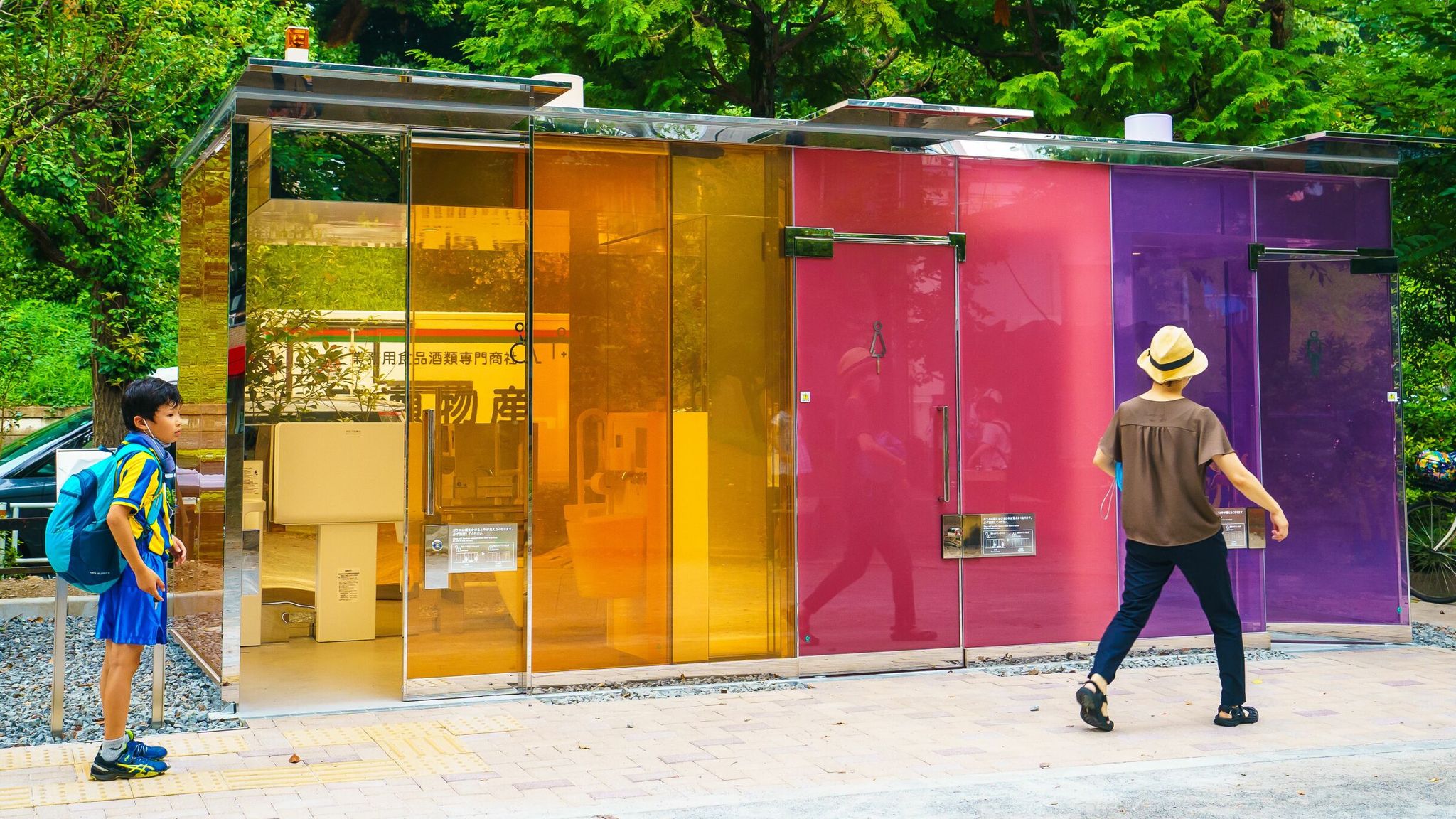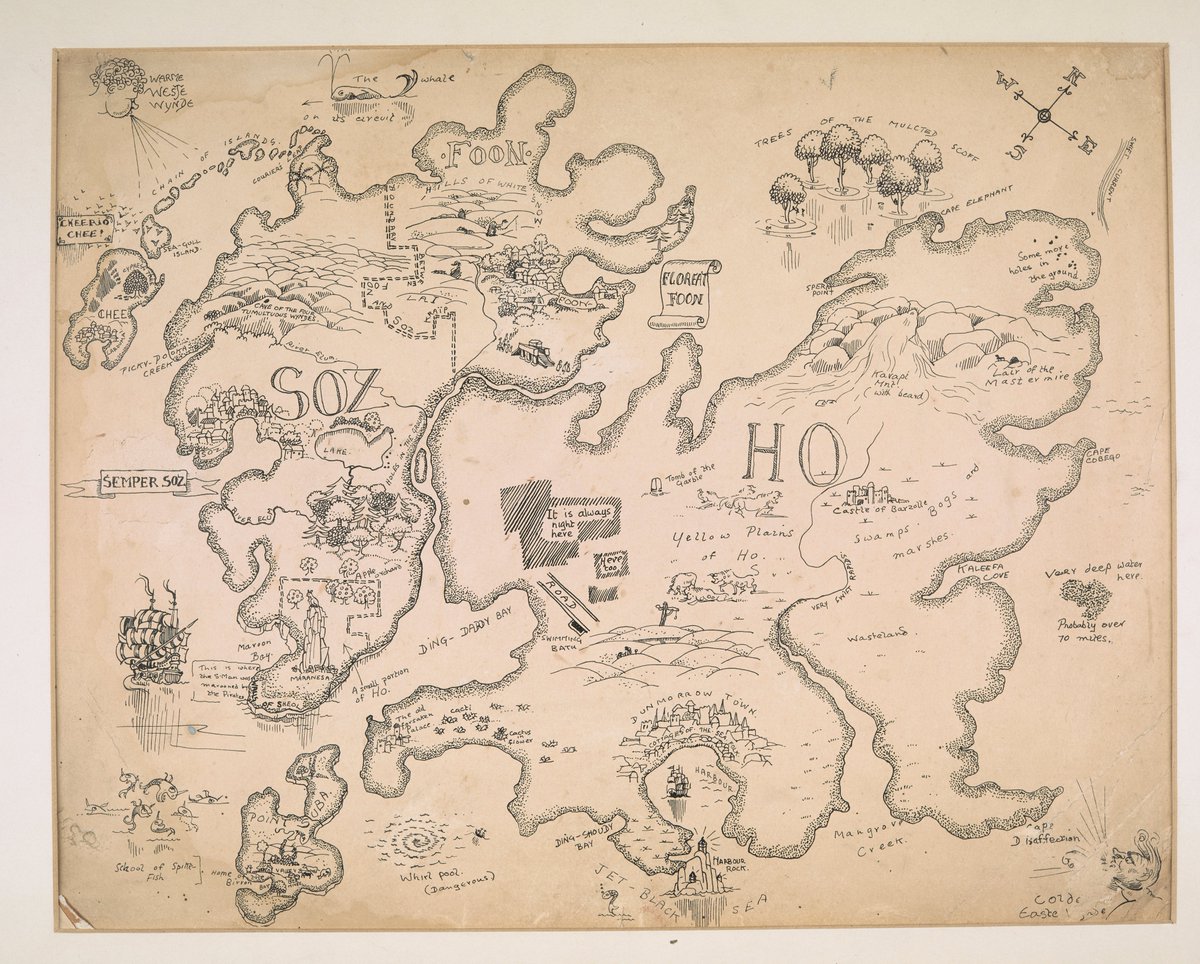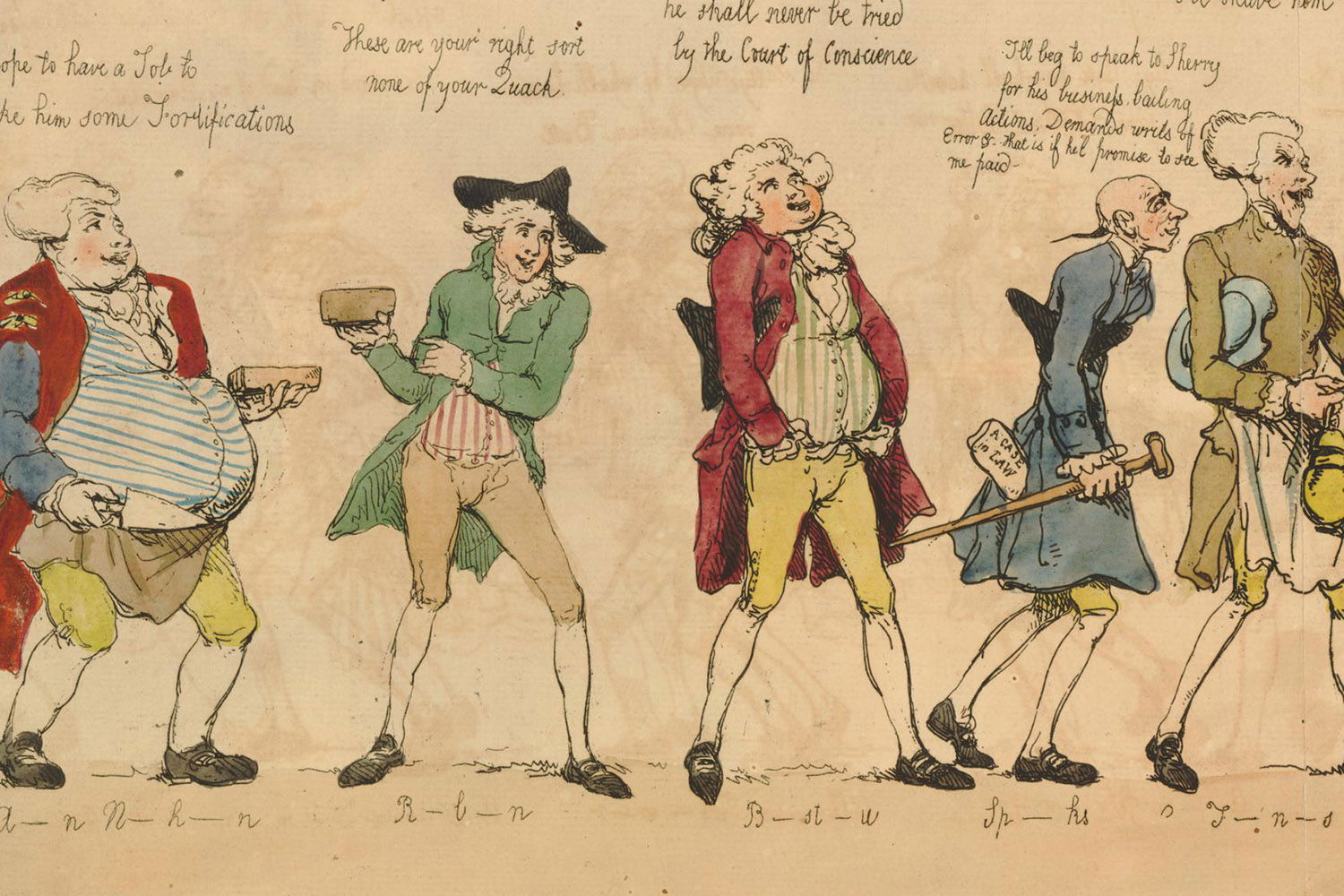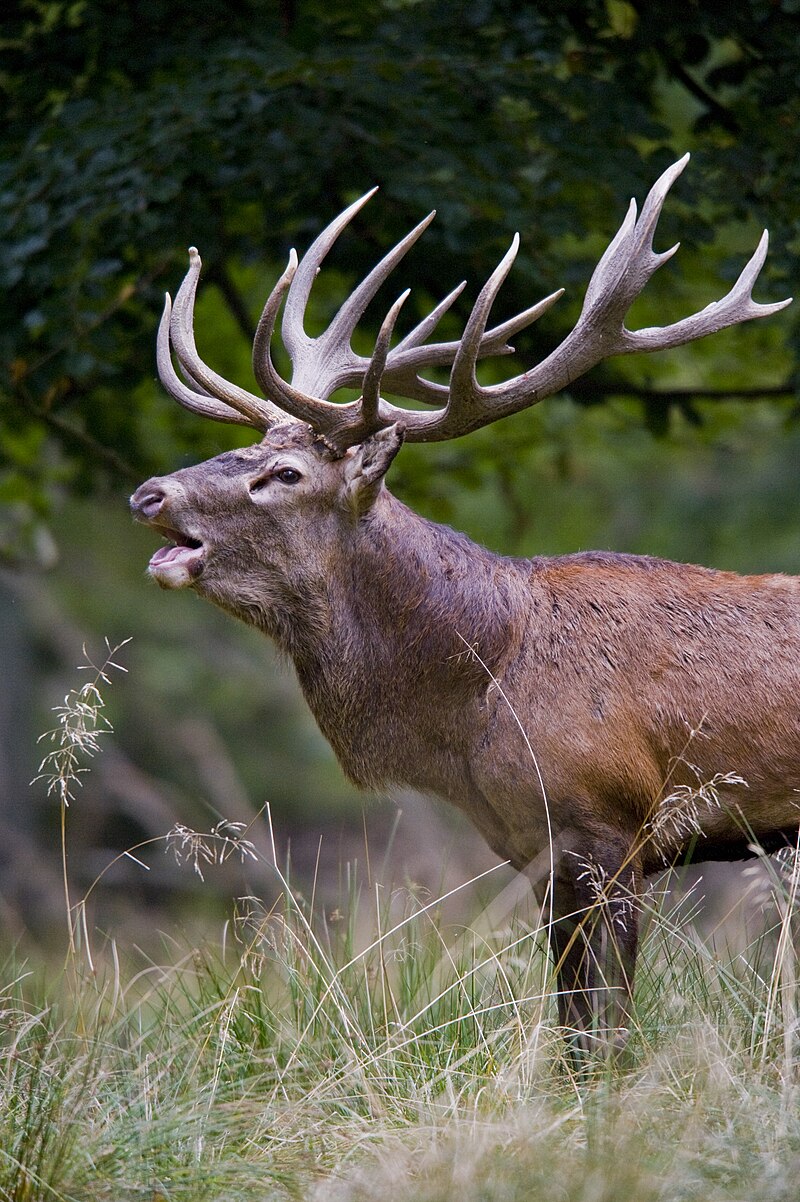This post has originated in all the fuss surrounding the Coronavirus situation. In it I’m not interested in the science of how the Coronavirus works, or how it is being treated. I’m more interested in our reactions and the way we (individually and collectively) are approaching the problem.
The post is constructed around quotes from four comment articles [1-4] (referenced below) which have appeared in the last few days.
What’s interesting to me, from a rational standpoint, is the psychology and attitudes behind what is happening.
In the new coronavirus, we see a world that is more connected than ever by international travel, but that has also succumbed to growing isolationism and xenophobia. We see a time when scientific research and the demand for news, the spread of misinformation and the spread of a virus, all happen at a relentless, blistering pace. [4]
For example: The number of people travelling by plane every year has more than doubled since SARS first emerged, in 2003 [4] and we now have 24 hour rolling news both online and on TV.
On top of that
People are often optimistic about risks [called] “optimism bias”; people may think they can control their own exposure to diseases, that they don’t need a vaccine because they aren’t susceptible to flu, or that they won’t transmit their cold to others. [1]
It’s entirely normal that there are still many uncertainties [4]. We don’t yet know enough to be completely certain about the risks of COVID-19 … no one really knows how bad COVID-19 is, and how much damage it could eventually lead to [3].
For instance: How transmissible is the virus? Once infected, how much time passes before people show symptoms, and how likely are they to die? Which people are most at risk? [4].
It appears that on average, infected people spread the virus to two or three others [4]. This the Basic Reproduction Number (what epidemiologists call R0). It is about the same as that for flu, but way lower than for measles which has an R0 of 12-18 [5].
Current data suggests that COVID-19 kills around 2% (the Case Fatality Rate) of those infected [3] (although expect this number to change). However flu with a Case Fatality Rate of 0.1% kills more people [3] (presumably because although it is more widespread, we have a vaccine).
Even the normally cautious epidemiologists don’t know the answers. Harvard epidemiology professor Marc Lipsitch [says] “I think the likely outcome is that it will ultimately not be containable” [2].
In fact
Lipsitch predicts that within the coming year, some 40 to 70 percent of people around the world will be infected with the virus that causes COVID-19. But … this does not mean that all will have severe illnesses. “It’s likely that many will have mild disease, or may be asymptomatic”. [2]
That doesn’t sound good, so no wonder the uncertainties that academics are used to dealing with, about fatality rates or transmissibility, are stoking fear [4] because when we’re uncertain about something, we often rely upon our feelings and prior experiences in place of information. Surgical face masks offer the sense, however illusory, of protection [1].
Indeed
According to experts, the value of surgical masks depends entirely on the context in which they’re used: a surgical mask won’t work unless it’s worn consistently and properly. If worn incorrectly, their utility quickly plummets … Though face masks may provide the feeling of security, masks are most valuable in situations where they are necessary – such as among front-line health workers … We touch our faces, noses and eyes many times a day, making it difficult to completely avoid contact with infection. [1]
[If you want more on face-mask efficacy, see my post “Coronavirus and Face Masks” of a few days ago.]
While
researchers can share data and refine ideas faster than ever … they’re doing so in full view of a concerned citizenry … [and] … preliminary data that might once have run the gantlet of peer review before being published can now be downloaded by anyone, sparking misinterpretations and conspiracy theories. [4]
A climate of uncertainty can cause misinformation to flourish [1] and create fertile ground for mixed messages and inconsistency, which in itself can breed mistrust and fear [3]. And as we all know false reports readily cascade through channels that amplify extreme messages over accurate ones … Hoaxes and half-truths are huge problems during epidemics [4].
But of course we’re often required to make decisions based on having incomplete information [3]. I would actually go further: we never have all the information we need to make the decision; all we can do is to make the best decision we can at the time with the (limited) information we have.
This is why clear messaging from trusted sources, and guidance on what to do and how to do it, is essential during a pandemic [1]. Especially communicate often, communicate what is and isn’t known clearly, and provide simple action items for individuals to take … like hand-washing [and] acknowledge that [all of this] may change quickly [3].
However with public health that’s not easy. The risks of sending the “wrong” message can have devastating consequences – unnecessary anxiety on the one hand … and thousands of unnecessary deaths on the other [3]. And confused citizens might forgo sensible measures such as hand washing in favour of inefficient ones like panicked mask buying [4].
What’s perhaps worse is that border screenings and travel bans have historically proved ineffective and inefficient at controlling diseases. If anything, they can make matters worse. People will find a way to get where they want to go [4]. For example, although the Iran/Afghanistan border has been closed, some 3000 people cross that border illegally every day [6].
What’s more
bans can also break the fragile bonds of international trust … If countries know that they’ll be cut off during an epidemic … they may be less likely to report future outbreaks, leading to costly delays. [4]
Waiting too long to sound the alarm can be disastrous. [3]
As with many things this leaves us with a spectrum of possible reaction and attitude.
On the rational end, we must ask ourselves about … the effectiveness of [any] solution … [and how individuals can use that] solution effectively. On the emotional end, we ask ourselves about … how severe might it be if we … were infected [and] how likely we might contract it. [3]
A lot of the expert discussion (or at least discussion quoting experts) in the media has been at the rational end about the effectiveness of various actions, while I suspect a majority of individuals are inclined to work more towards the emotional end of the spectrum – often because they’re not presented with clear, concise, factual information; whether deliberately by the less reputable press and politicians, by omission, or because it is just packaged in a way they can’t understand.
At the end of the day we probably have to move individuals quite a long way (probably further than is possible) towards the rational side, while at the same time ensuring that the experts are doing as much as possible to make the right solutions effective and have some understanding to allow them to meet the individuals part way. That’s probably a circle that can never be made fully square. Nevertheless the experts have to work their socks off to square the circle as best they can, and take the people with them in supporting their solutions. And that ain’t ever going to be easy.
[1] “When it comes to coronavirus, we shouldn’t let our feelings trump the facts”; 26 February 2020; https://www.theguardian.com/commentisfree/2020/feb/26/coronavirus-feelings-facts-face-masks-covid-19
[2] “You’re Likely to Get the Coronavirus”; 24 February 2020; https://www.theatlantic.com/health/archive/2020/02/covid-vaccine/607000/
[3] “Uncertainty in a Time of Coronavirus”; 26 February 2020; https://blogs.scientificamerican.com/observations/uncertainty-in-a-time-of-coronavirus/
[4] “The New Coronavirus Is a Truly Modern Epidemic” 3 February 2020; https://www.theatlantic.com/science/archive/2020/02/coronavirus-very-2020-epidemic/605941/
[5] “Basic reproduction number”; 27 February 2020; https://en.wikipedia.org/wiki/Basic_reproduction_number
[6] “Coronavirus in a war zone: Afghanistan braces for outbreak after first case”; 26 February 2020; https://www.theguardian.com/global-development/2020/feb/26/coronavirus-in-a-war-zone-afghanistan-braces-for-outbreak-after-first-case








 So how old is the
So how old is the 








 Katherine Rowland talked to 120
Katherine Rowland talked to 120